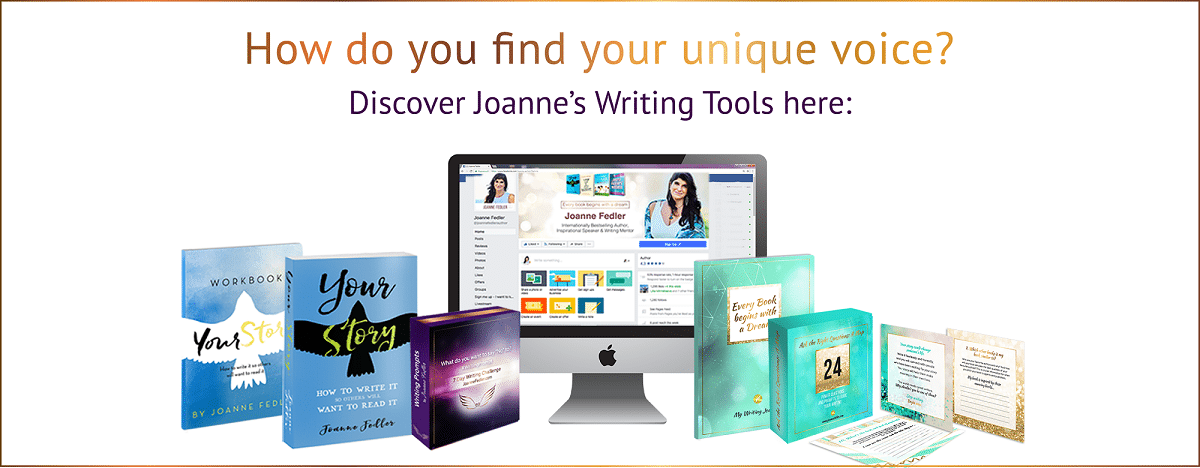
The Catharsis of Writing
The Catharsis of Writing
Beneath the bluest of skies, clouds can gather. This week my clouds collided in a cacophony of noise. Many of us with mental health issues are lured by the seductive whisper of maladaptive coping mechanisms, and traversing darkness can blind the strongest of us to any light ahead. To stay safe and whole I need a way to store emotional pain. It’s taken decades, but I finally have a healthy place to steady me when my soul succumbs to chaos.
I write.
I use words to weave a cloak of self-care. I let the stream of consciousness burn through my fingers. I blog. I share with trusted friends. Write journals. Make notes on my phone. I write anywhere I can. And when I’m done writing, my spirit is a little softer and my heart a little calmer.
Almost half the population of Australia will have a mental health issue (depression, anxiety, substance abuse – to name a few) at some point in their lives. Fifty per cent of us. If you know another human, then statistically speaking, one of you is it. Inner mental turmoil can turn molehills into mountains, and when that happens our emotions and fear can overwhelm while destructive behaviours waltz in to calm the mental disquiet.
But writing out chaos gives it a name – acknowledges the pain. Writing needs no rules, no judgment, no audience. It matters not if you’re a “good” writer. Regurgitating words is an outlet for the whirlpool of noise and once out, there is a lessening of burden. A burden shared is indeed a burden halved.

.
About Simone
Crazy hair, solitude seeker, at peace in the natural world, Simone Yemm dedicated over three decades as a professional flautist and teacher. In 2008 she completed a Master’s in Journalism, specialising in editing, and continues to hone her skills as a writer. After a series of crises led to an emotional breakdown, Simone developed a passionate interest in mental health and shares her story to educate and support the wider community. With 25 years of marriage under her belt, she successfully raised three and a half young men and a chocolate-brown Burmese cat. A mean feat never to be underestimated.
www.simonelisa.com
We live in a world where connection to meaningful relationships and pastimes can be superficial. Social media and online activities bring communities and individuals together in the most wonderful of ways, yet we still need connection in the “real” world. We need someone to hear our personal story in all its uncensored glory. Without real connections it’s easy to isolate, and isolation is rarely helpful for mental health issues.
Fortunately, there is a plethora of tools to support us, and we can all find different ways to work through distress. Writing is free, needs few resources, no training, and is available anywhere, anytime. Writing clutches your worst fears – all the problems that haven’t even happened – and puts them down in black and white. Or any colour you choose. It can offer perspective and validation. It gives words to unexplained feelings, unexpressed pain and paralysing fear. Writing clears a little space for the voice of reason to step in and whisper in your ear.
I started writing in a journal as part of my professional support therapies. Some days were so dark I couldn’t form full sentences – I just seeped the anguish through my fingers and let it rest. I read it back later and felt compassion for the girl silently screaming in my mind. That was three years ago. Since then I have written prodigiously. When full sentences can be found, I put my inclination to perfectionism to work, cleaning up text to publish in my blog. Sharing my story sheds the shame. It allows me to tell my deepest, darkest secrets and fears to professional and personal supports without speaking out loud. When my voice has no words, I give it one through writing. Publicly sharing my story brings me a stronger sense of connection to communities of people who understand when I’m suffering. They’ve been there, done that, felt it. They hear my words and feel them too.
I recently experienced a rapid spiral into depression and forgot to write. Chaos swirled. At 3am one morning, I wrote a thousand words of turmoil in a message to a trusted friend. She checked on me, kept me safe, and since then I’ve resumed my writing and the turmoil is settling. Rational thoughts are returning and perspective is coming back. My early morning stream of consciousness was a catharsis of emotional pain. My physical world remains cloudy, but mentally, emotionally, spiritually, I am clearer. I see hope and light. And I owe that to writing.
*If you are experiencing mental health issues and need assistance or someone to talk to, please seek support services in your area. You are not alone and there is help available.*



